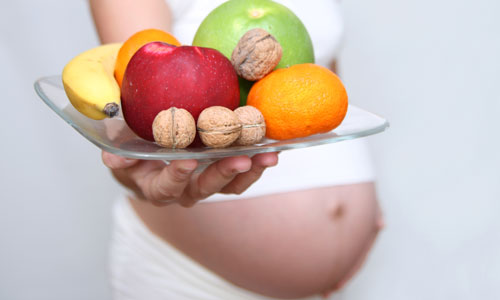A father’s obesity negatively impacts sperm, which results in smaller fetuses, poor pregnancy success and decreased placental development, according to a team of experts at the University of Melbourne’s Department of Zoology.
The study urges men to get ‘match fit’ before getting their women pregnant to help with fetal development. Scientists are now encouraging men to shape up, even though health risks of obesity and pregnancy are usually focused on overweight moms.
According to estimates from the World Health Organization (WHO), 75% of Australian adult males are overweight or obese, which significantly exceeds the global average rate of 48%.
The research, led by Professor David Gardner, Dr. Natalie Hannan and Ph.D. student Natalie Binder, will be presented at the Annual Scientific Meeting of the Endocrine Society of Australia and the Society for Reproductive Biology 2012, starting August 26 to 29 on the Gold Coast. Read full article.
